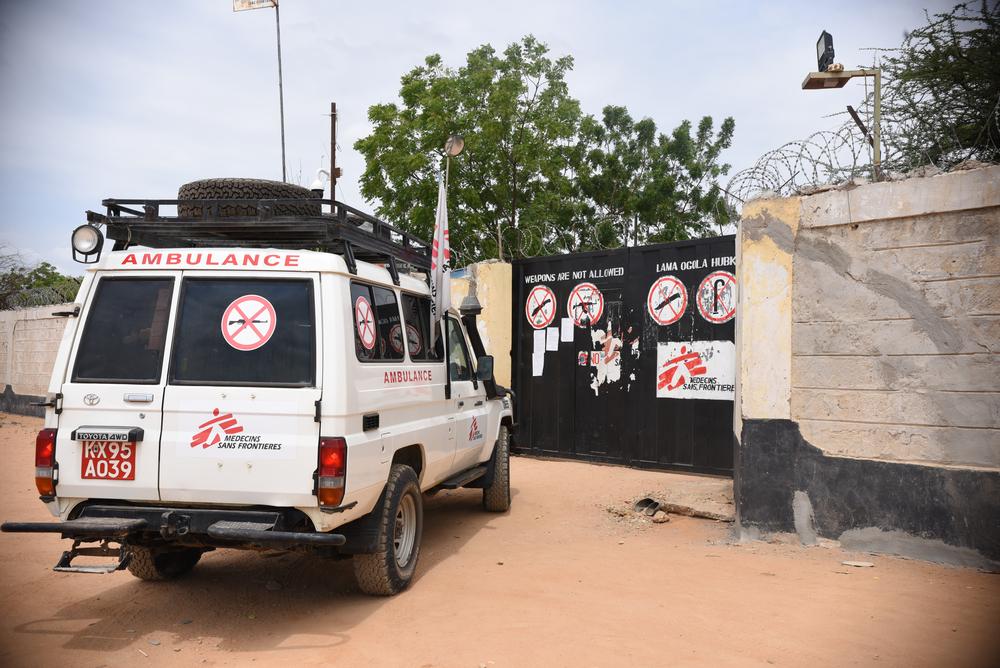
New MSF report highlights the consequences of counter-terrorism on frontline workers
In 1 click, help us spread this information :
MSF frontline staff told us about how they are harassed, intimidated, beaten and accused of supporting terrorists when they provide impartial healthcare. Luz Saavedra, lead researcher for the report in the Analysis Department of MSF.
The report includes the findings of the ongoing operational research, launched at the joint initiative of the MSF Analysis Department and the Luxembourg Operational Research Unit (LuxOR). This research aims to address an identified gap in existing information and scientific literature: the missing perspective of frontline workers providing medical care and directly exposed to counter-terrorism measures and operations. The Luxembourgish Unit has accompanied the Analysis Department in developing and applying a scientifically robust methodology, for the report to be based on a solid understanding of the subject, and has overseen the strict application MSF’s ethical standards in conducting research.
Taking real and personal risks to deliver healthcare
A key finding was that counter-terrorism policies and practices bring real and personal risks to medical practitioners. Nearly two thirds of the staff who gave in-depth interviews had directly experienced or witnessed violence or intimidation and had been accused of supporting ‘terrorists’ when they treated patients based on their needs alone. Armed forces have used violence at the gates of health facilities, inside hospital wards and in ambulances on the road in an attempt to prevent MSF frontline workers from treating patients based on medical need and according to medical ethics.
From the perspective of frontline workers, it becomes increasingly difficult to distinguish between the tactics of so-called terrorists and of those countering them.
Care is inhibited or obstructed to entire communities. Civilians and combatants are often merged into what is considered by armed forces as one hostile enemy. Armed forces try to justify stripping civilians of their protection under international law because they are ‘terrorists’ or ‘supporters of terrorists’. One interview respondent said, “we saw them bombing the city full of civilians, families in their houses.” The sick and wounded are often left to suffer or die because, as another MSF staff member said, “we could not access them and they could not reach us.”
Being impartial comes under constant attack
The humanitarian principle of impartiality – treating patients based on needs alone - was identified by MSF frontline workers as being vital to uphold and defend in counter-terrorism environments. However, the research participants also pointed out how being genuinely impartial comes under constant attack in very real and dangerous ways.
It is outrageous that states expect health workers to refuse treatment to patients based on politics or military consideration. Luz Saavedra, lead researcher for the report in the Analysis Department of MSF.
“Our teams are considered by those fighting counter-terrorism wars to be part of their military strategy; we are accepted when we are useful but rejected when we are considered not to serve their military and political purpose. We cannot accept this – it prevents us from treating patients and goes against everything that being humanitarian stands for.”, said Saavedra.
Research participants pointed out how the perceived proximity of humanitarian actors to states in counter-terrorism wars generated huge suspicion from armed opposition groups that often rejected engaging with MSF or other humanitarian organisations. Currently, MSF finds itself too often restricted to one side of a front line with a counter-terrorism force that wants to take advantage and an opposition that won’t talk or is hostile.
